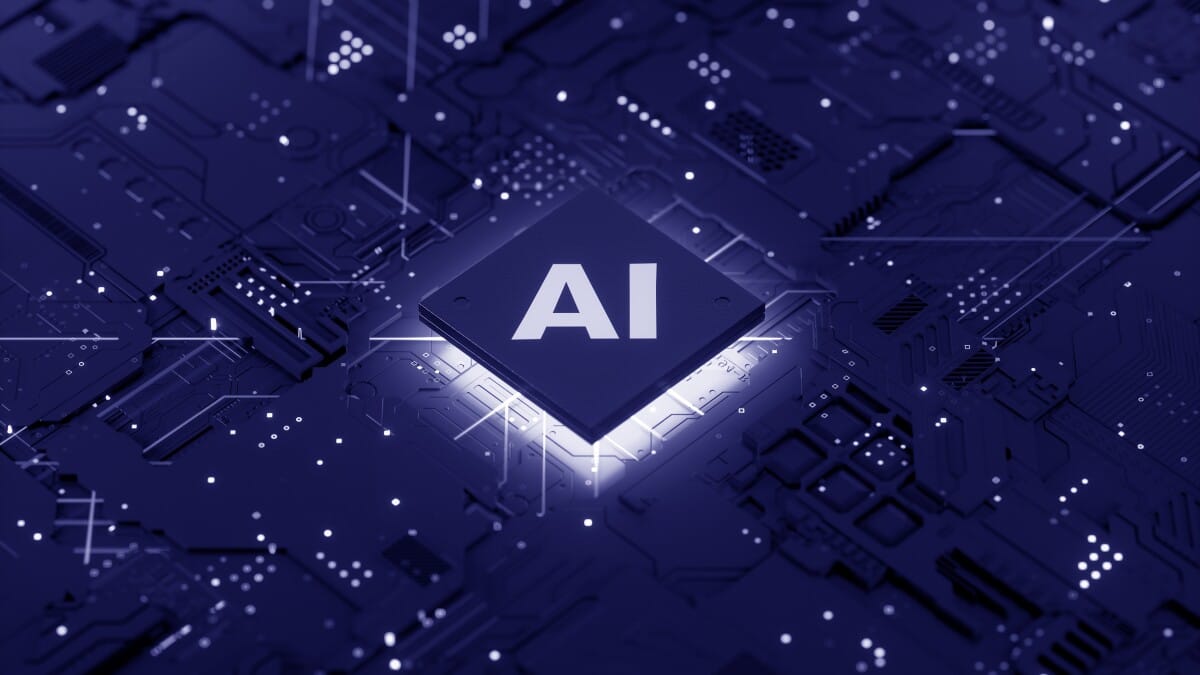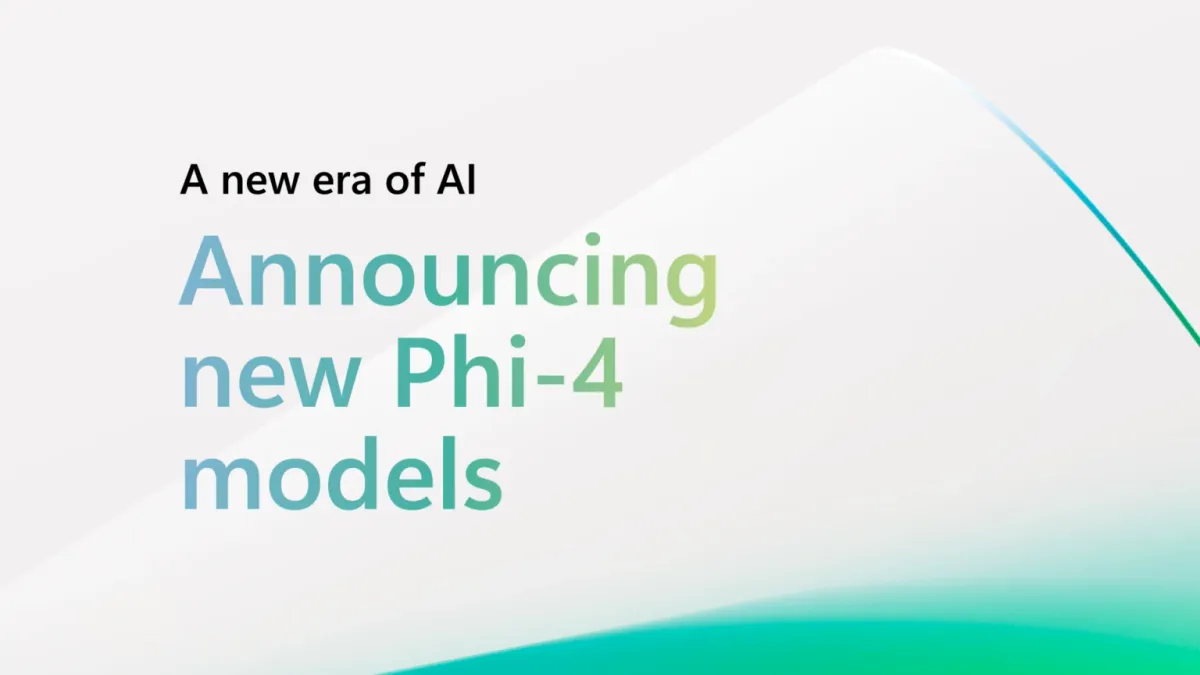Artificial intelligence (AI) has the potential to revolutionize higher education, offering personalized learning experiences and increasing efficiency. However, as with any technology, there are also concerns about privacy and discrimination that must be addressed.
One major concern is the issue of privacy in the collection and use of student data. As AI systems are implemented in higher education, they often require access to vast amounts of student data, including grades, test scores, and even personal information. This data is then used to personalize the learning experience and make predictions about student performance. However, there are concerns about who has access to this data and how it is being used. There is a risk that student data could be misused or even sold to third parties without the student's knowledge or consent.
To address these concerns, it is important for higher education institutions to have clear and transparent policies in place regarding the collection and use of student data. These policies should outline how data is collected, who has access to it, and how it is being used. Students should also be given the opportunity to opt out of data collection if they so choose.
Another concern with AI in higher education is the potential for discrimination. AI systems are only as unbiased as the data they are trained on, and if the data is biased, the AI system will also be biased. For example, if an AI system is trained on data that includes a disproportionate number of male students, it may be more likely to recommend male students for certain programs or opportunities. This could result in discrimination against female students, or students from other underrepresented groups.
To mitigate the risk of discrimination, it is important for higher education institutions to ensure that their AI systems are trained on diverse and representative data sets. In addition, it is important for these institutions to regularly review and assess their AI systems to ensure that they are not perpetuating existing biases.
There have already been several examples of AI systems in higher education causing concern due to their potential for discrimination. For example, in 2018, it was discovered that an AI system used by the University of Melbourne to screen job applicants was biased against women. The system was trained on data from previous hires, which were largely male, resulting in the AI system recommending fewer women for job interviews. The university ultimately scrapped the system and implemented new measures to ensure that their hiring process was fair and unbiased.
Another example of AI causing concern in higher education is the use of AI in grading student essays. While AI systems have the potential to save time and increase efficiency in grading, there are also concerns about their accuracy and potential for bias. For example, a study published in 2019 found that an AI system used to grade essays at the University of Arizona was less accurate in grading essays written by female students and students from underrepresented groups. This raises concerns about the potential for AI systems to perpetuate existing biases and discrimination in higher education.
Despite these concerns, it is important to note that AI also has the potential to address some of the inequalities that exist in higher education. For example, AI systems can be used to provide personalized learning experiences that are tailored to the needs and abilities of individual students. This can be particularly beneficial for students from underrepresented groups, who may not have access to the same resources as their more privileged peers.
In conclusion, while AI has the potential to revolutionize higher education, it is important for higher education institutions to be mindful of the privacy and discrimination concerns that it raises. By implementing clear and transparent policies on the collection and use of student data, and ensuring that their AI systems are trained on diverse and representative data sets, higher education institutions can mitigate the risk of these concerns and ensure that the benefits of AI are accessible to all students.






Comments